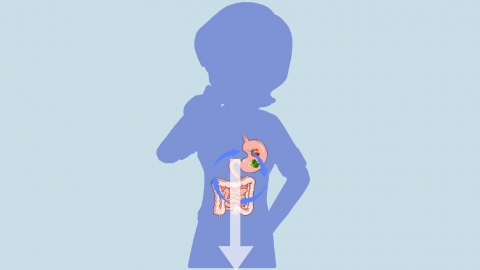Which vegetables should patients with appendicitis avoid eating?
Patients with appendicitis generally should avoid eating spicy ginger, fibrous mustard greens, gas-producing cabbage, cold-natured aloe vera, or hard-to-digest raw onions. If any abnormalities occur, prompt medical attention is recommended. Detailed explanations are as follows:

1. Ginger: Ginger has a spicy flavor and contains irritating components. After consumption, it may stimulate the gastrointestinal mucosa, intensifying the inflammatory response in the appendix and potentially worsening abdominal pain, which is unfavorable for recovery.
2. Mustard greens: Mustard greens have coarse fiber and a tough texture. After entering the intestines, they can increase the digestive burden on the gastrointestinal tract and may mechanically irritate the inflamed appendix, possibly exacerbating pain symptoms.
3. Cabbage: Cabbage is easily broken down by bacteria in the intestines to produce large amounts of gas, increasing intestinal pressure, which can compress the appendix and aggravate bloating and pain, thus affecting the resolution of inflammation.
4. Aloe vera: Aloe vera is cold in nature and contains certain irritating substances that can accelerate intestinal motility, potentially causing diarrhea. For the already sensitive intestines of patients with appendicitis, this may worsen physical discomfort.
5. Raw onions: Raw onions have a strong pungent odor and irritating components that can stimulate the gastrointestinal tract, causing intestinal spasms, spreading the inflammation around the appendix, and affecting normal digestive function.
Appendicitis patients should maintain a bland and easily digestible diet, and may choose soft-cooked vegetables such as pumpkin and luffa. If symptoms such as worsening abdominal pain or nausea occur after consuming vegetables, intake should be stopped immediately and prompt medical attention sought.




